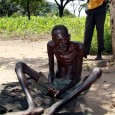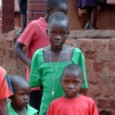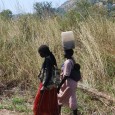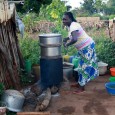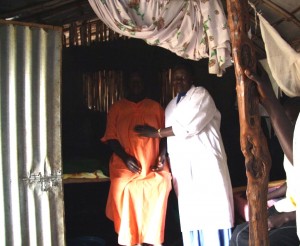 Reproductive health problems remain the leading causes of death for women of childbearing age worldwide. The impact is far worse in developing countries, which also have high fertility rates. Besides terrible reproductive health outcomes, these counters score poorly in poverty and education outcomes. South Sudan is no exception to this picture.
Reproductive health problems remain the leading causes of death for women of childbearing age worldwide. The impact is far worse in developing countries, which also have high fertility rates. Besides terrible reproductive health outcomes, these counters score poorly in poverty and education outcomes. South Sudan is no exception to this picture.
The long civil war between the North and the South made reproductive health a crisis for South Sudan’s women, many of whom are widows and girls who had their sexual and reproductive rights abused during the hostilities. As many as one in nine women refugees and Internally Displaced Persons (IDPs) in South Sudan die in pregnancy or childbirth, and a girl born in the region is more likely to die in pregnancy or childbirth than finish primary school. South Sudanese families yearn to feel the joy of having a close-knit intact family.
As the 44th Session of the Commission on Population and Development meets this week, its main focus is on reproductive health and sexual rights. So far the commission has noted that 65 percent of maternal deaths occur in high fertility countries and are preventable. But a shortage of $24 billion for population programmes in developing countries makes preventing deaths a hard task. The commission also called for universal access to reproductive health as an integral part of achieving the Millenium Development Goals. A joint effort between the public and private sectors and NGOs will go a long way in hastening achievement of those goals.
For South Sudan to move forth from its teething stage, it needs to start now with the women currently pregnant. They need to deliver safely with all risks of maternal deaths elimanted or greatly reduced. The women need to be treated as the assets they are. To paraphrase keynote speaker Amy Tsui, professor at the John Hopkins University’s Bloomberg School of Public Health, if you don’t invest in women, you miss out on huge economic gain. Invest in women as investing in them is no expenditure. In other words, as we say at Hope Ofiriha, when you teach a woman to fish, everyone eats (of course, they have to live for that to happen).

